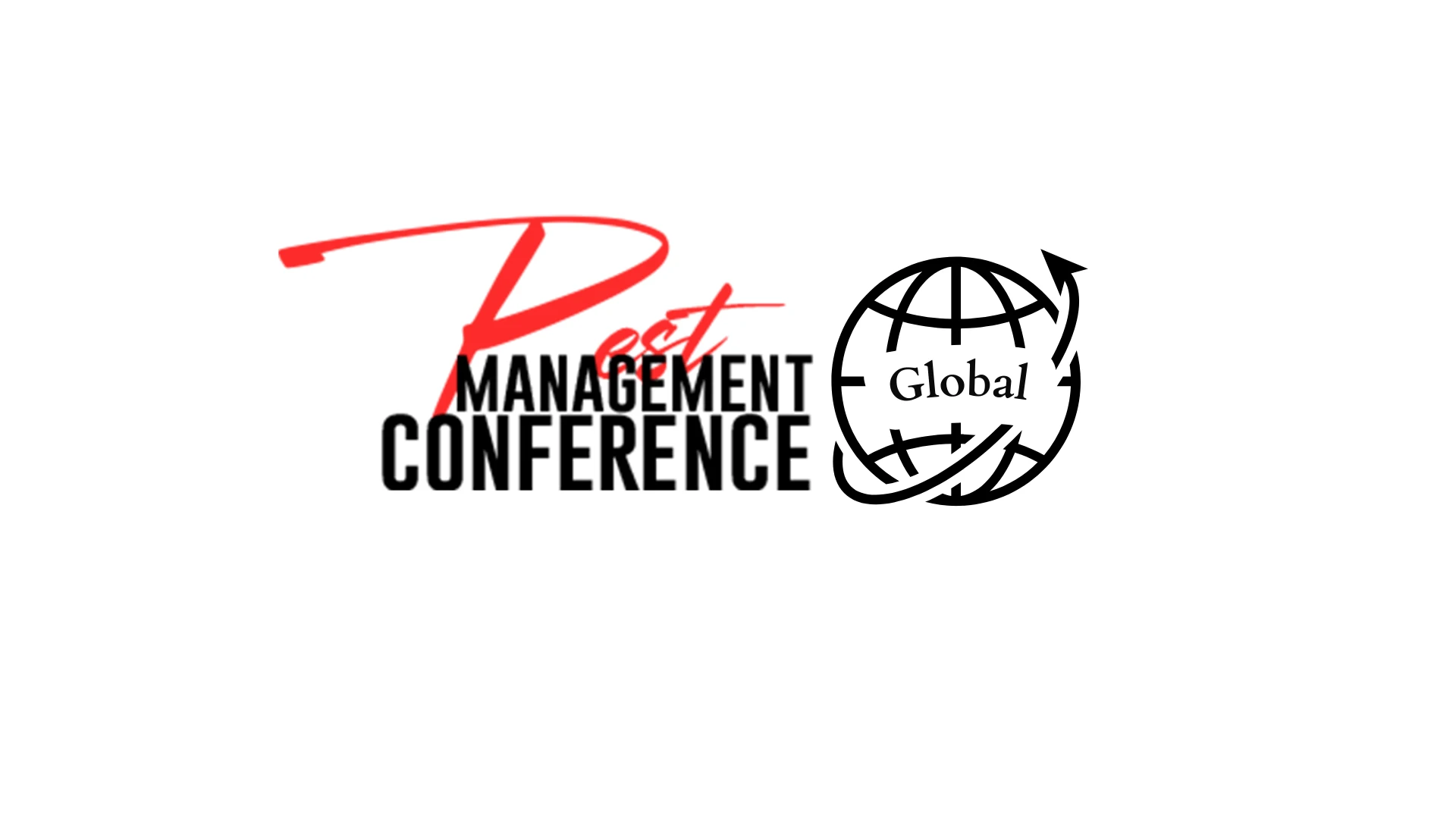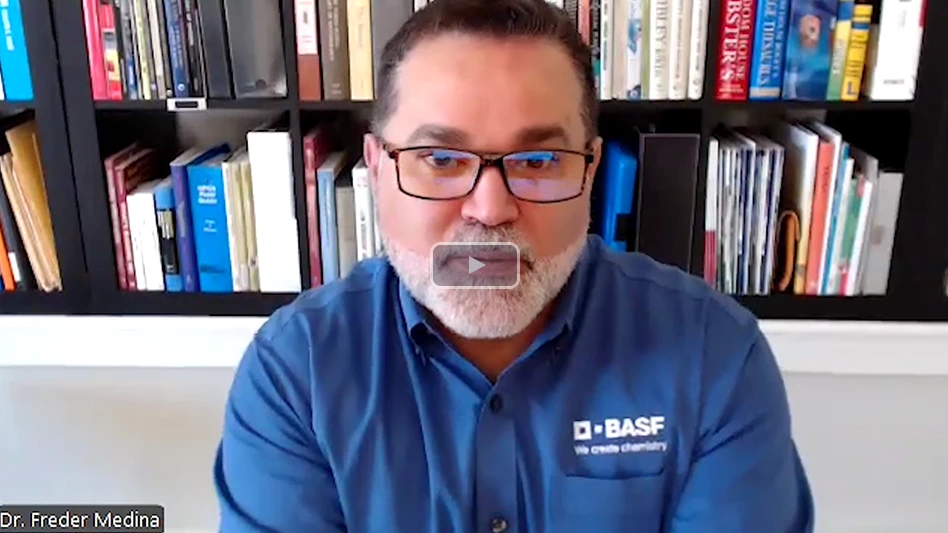PCO PROTECTION FROM MOLD
Q I have heard a lot about molds and other dangers that I could be exposed to in crawlspaces. What can I do to protect myself? What precautions should pest management professionals take?
A This is a discussion that can become quite lengthy. When doing inspections in crawlspaces there are a variety of exposures you could face.The discussion of molds is becoming more important but there are other situations of possible concern, including exposure to parasites (like fleas) or disease organisms (like Hantavirus or raccoon roundworm). However, I do not know of inspectors who have contracted any diseases from inspecting crawl areas.
The measure of concern depends on the quality of the crawlspace. I was recently in a crawlspace that was clean, had a concrete floor, was well lit and had no major obstacles to get around. But those are few and far between.
Any crawlspace that would be accessible to rodents or other animals could present a potential exposure situation. Crawlspaces with poor ventilation and moisture problems present a concern for mold growth and possible exposures.
Essentially you are trying to avoid skin contact with soil in the crawl area and you want to avoid breathing possible allergens or disease organisms. I particularly would be concerned about the latter in dry and dusty crawlspaces where mouse infestations may be common.
Since you do not really know what you face until after you are in there, some general precautions would be advisable: wear coveralls, boots (or different shoes than what you would “normally” wear on the job), gloves, goggles, a hat and a respirator.
If you are concerned with Hantavirus, than a HEPA (high efficiency particulate air) filter on your respirator is recommended. After emerging from the crawlspace, wash your hands or other areas that were exposed to crawlspace soil with soap and water. Practicing good hygiene is always good for PCOs.
MOLD AND WDIS?
Q I am getting requests to report molds on my WDI inspections. I can spot wood rot and report on moisture situations but real estate agents want me to identify mold problems. Is this my job? Who does this? I also have had a building inspector refer real estate agents and homeowners to me for remediation of what he has called “black mold.” Help!
A The mold problems you are being asked to identify go beyond the scope of a WDI/WDO inspection. My opinion about the building inspector is either he knows what he is looking at, sees black mold and reports it as that; or, he is looking for a way out. I have had calls from real estate agents too asking about remediation and usually when talking to them I realize they have no idea what they are looking at and are relying on someone else’s opinion.
Black mold is a toxin-producing mold and it has gained quite a bit of notoriety of late. But there are several types of molds and mildews that are black. People who have allergies to mold spores can react to any of the fungi that normally can be found in structures. Depending on the conditions (i.e., moisture, ventilation, etc.) the remediation procedures can be very extensive and costly. Pest management professionals’ expertise lies in the identification and control of wood-rot fungi. The evidence of molds on structural wood in crawlspaces or basements is usually indicative of poor ventilation and a moisture condition that fosters the growth of the mold.
Pest management professionals who offer services for the correction of moisture conditions will reduce the opportunity for molds to grow, but these steps will not eliminate the exposure to the mold that is already there. In severe cases of mold, industrial hygienists and health departments may need to be involved. Remediation can include removing contaminated material, washing surfaces with bleach or other disinfectants and certainly correcting the conditions that led to the problem.
There also have been discussions about using heat and other materials (borates, fungicides and disinfectants) to kill the mold. But note the following: killing the mold or correcting the conditions that favor the mold growth resolves the problem of actively growing mold. However, the fungal spores produced by these fungi can cause allergic reaction even if the spores are not viable (capable of growing). The big thing everybody wants is elimination. Be careful about what you offer warranties on and check with your insurance provider before providing such services.
NEW HOME BEETLES
Q I have received many calls from homeowners in a new subdivision in my area. They complain about small insects they see in their bathrooms. I have looked at them and they look like grain beetles and are small and reddish brown. I looked in the NPMA Field Guide — they seem to be foreign grain beetles. What can I do?
A They certainly sound like foreign grain beetles. These beetles sometimes show up in houses that are usually less then a year old. You may know that these beetles do not really feed on grain but on the fungi associated with deteriorating grains. Likewise, in these houses, they are feeding on molds that have grown in the walls during construction.
There are a couple of things that can be done — pesticide applications, such as dusting or injecting aerosols into the wall voids, can reduce the insect population. For a non-chemical approach, tell the homeowner to vacuum up the beetles when they appear, that they are not destructive to the property, they do not bite, and after a year of heating and air conditioning in the structure, the problem usually goes away. Don’t forget to collect your money for the advice.
The author is president of George Rambo Consulting Services, Herndon, Va. Fax questions to him at 703/709-9637 or via e-mail at grambo@pctonline.com.

Explore the March 2002 Issue
Check out more from this issue and find your next story to read.
Latest from Pest Control Technology
- Moneypenny is a Provider of Virtual Receptionists
- Video: Top 10 PCT Photo Contest Finalists
- Massey Services Expands with Southeast Commercial Region
- Pest Management Foundation Announces Kevin J. Burns Scholarship
- How to Identify Clover Mites
- Termite Threat Halted in Southern Florida
- PCT Media Group Adds Managing Editor Katie Hobbins
- Evens Clerjuste on Team Communication as Company Growth Point





